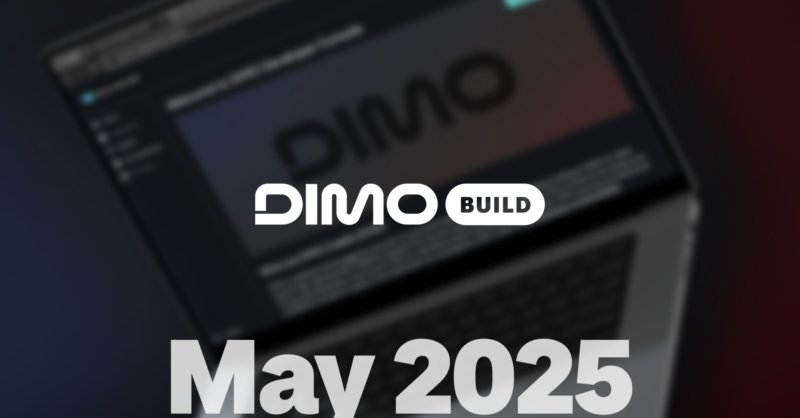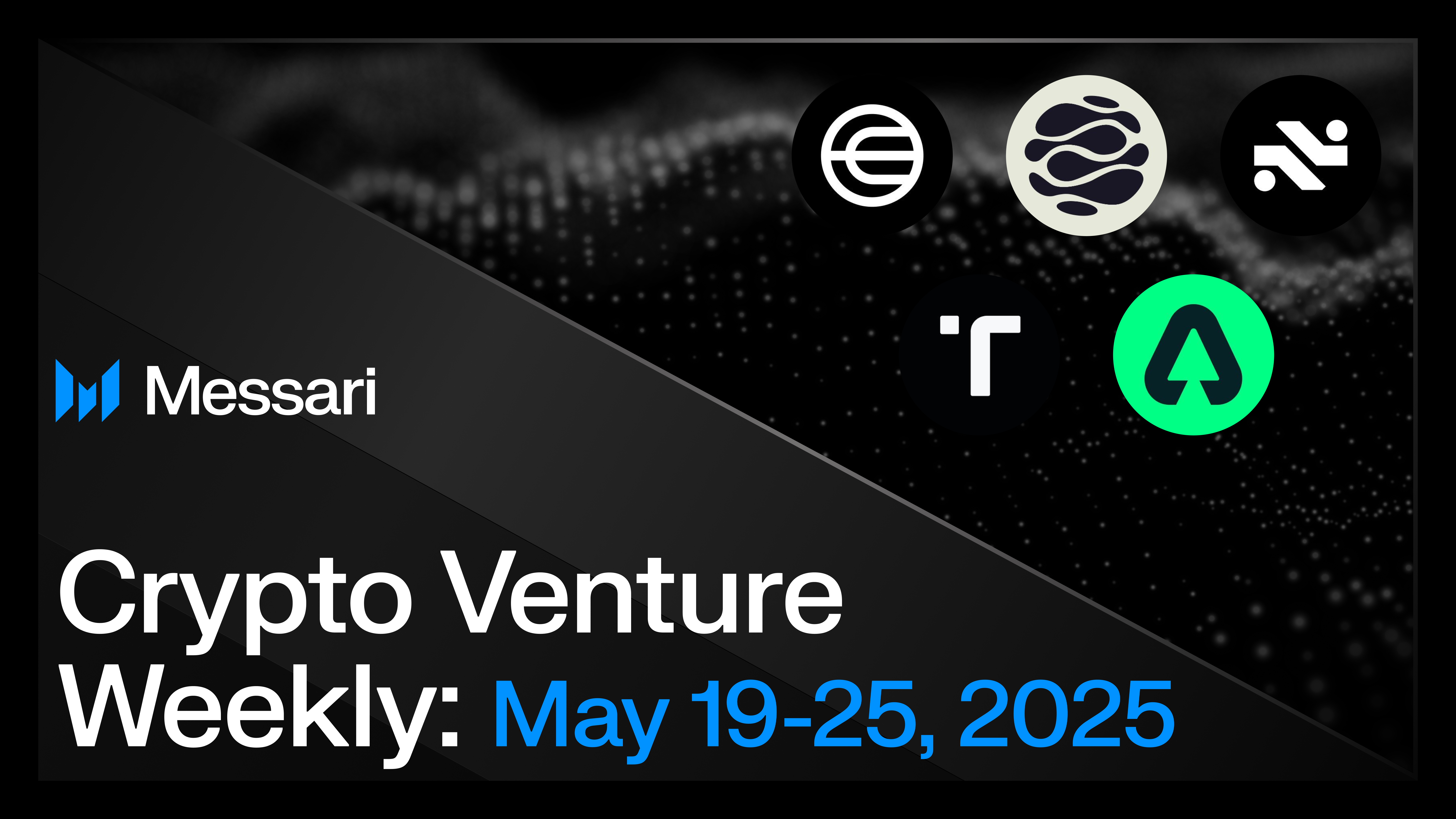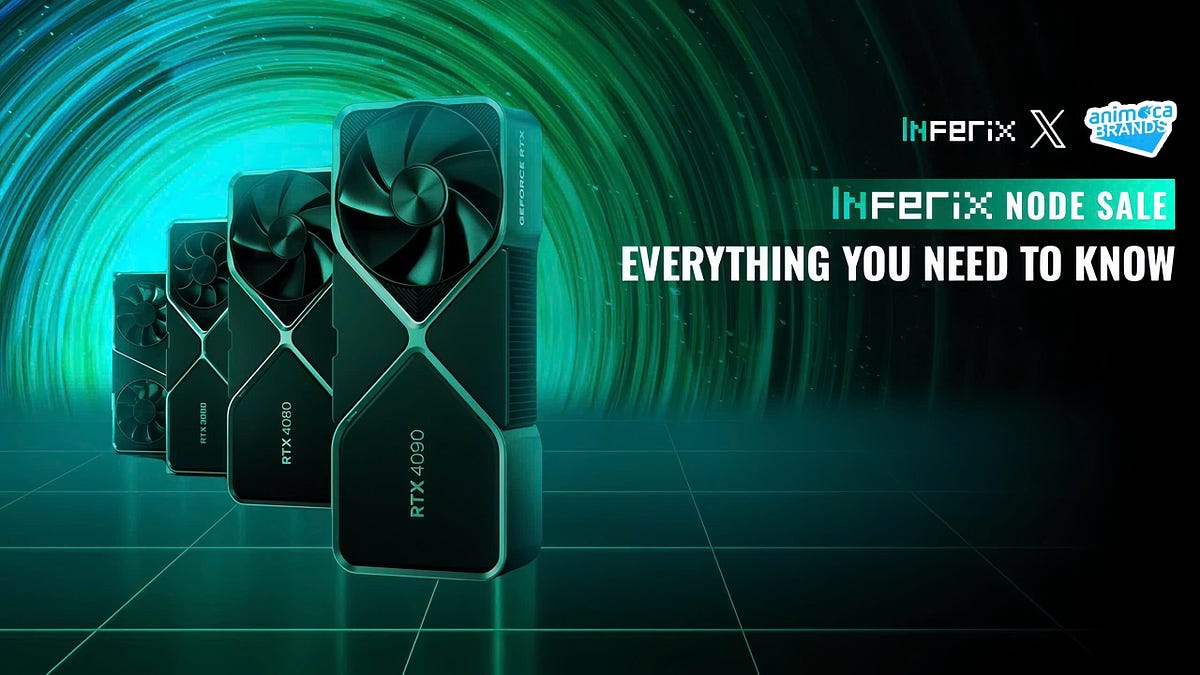Binance Launches USDT Perpetual Contracts for dForce and Phala Network Tokens

On December 30, Binance announced the launch of USDT perpetual contracts for the native tokens of dForce and Phala Network, marking a significant development in the cryptocurrency trading landscape. The dForce token experienced a remarkable surge of 26% following the announcement, reflecting strong market interest. The trading for PHAUSDT commenced at 11:30 UTC, while DFUSDT was listed shortly after at 11:45 UTC. Both contracts offer up to 75x leverage and have a tick size of 0.00001, with maximum financing rates set at +2.00% and -2.00%. The funding fee will be calculated every four hours, and Binance will support multi-asset trading for these perpetual tokens.
The dForce token, currently trading at approximately $0.095, has shown impressive growth, with a 30% increase over the past week and a staggering 103.71% rise in the last month. With a market capitalization exceeding $83.2 million, dForce ranks 636th in the crypto market. Its fully diluted valuation stands at $84 million, and it has recorded a 24-hour trading volume of $157 million, indicating robust trading activity and investor confidence.
In contrast, the Phala Network’s PHA token saw a more modest increase of 10% post-listing. However, its long-term performance is promising, with a remarkable 327% rise in the past week and approximately 212% in the last month. dForce is recognized for its decentralized finance infrastructure, providing various protocols including decentralized stablecoins and yield tokens, while Phala Network focuses on privacy and secure cloud computing solutions in the Web3 space, utilizing the PHA utility token to power its operations.
Related News





